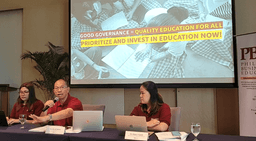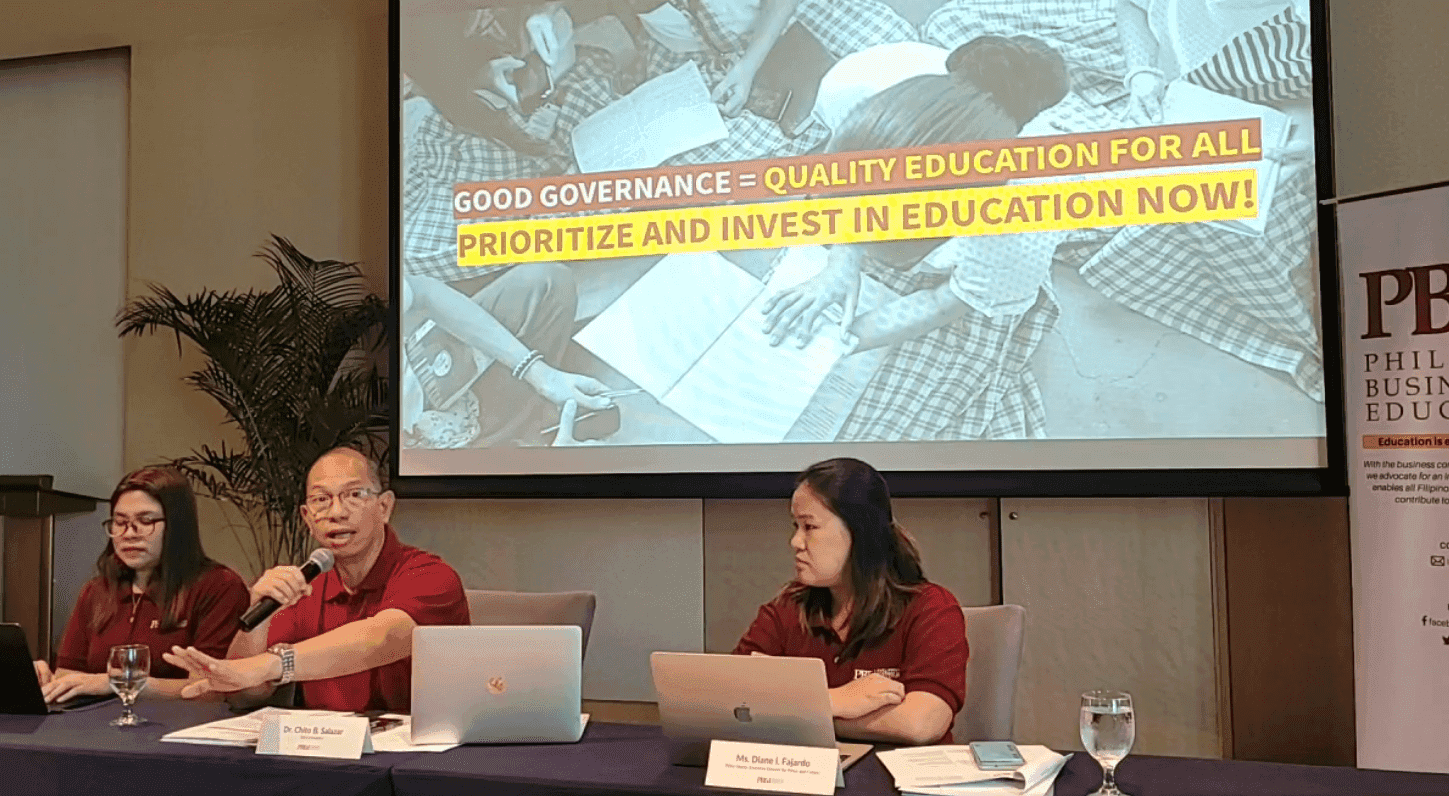

The country’s advocacy groups are hoping that education and labor will be top priorities in the upcoming State of the Nation Address (Sona) of President Ferdinand Marcos Jr. on Monday, July 24.
The Philippine Business for Education (PBEd) claims that the nation is currently experiencing a "learning crisis" that necessitates the implementation of crucial policy measures by the Marcos government in order to close the gaps.
According to PBEd president Chito Salazar, these proposed measures include the formulation of a long-term national education agenda that will go beyond the current administration’s term limit in 2028, citing the importance of ensuring consistency and continuity in the government’s programs.
"We must make education and nutrition our national concern and national priority. If we focus on developing our people first, many of our problems—from corruption to poverty to low productivity to joblessness—will be easier to solve," Salazar said during a press conference.
It also cited the need to improve coordination among education-related government agencies, such as the Commission on Higher Education (CHEd), the Department of Education (DepEd), and the Technical Education and Skills Development Authority (Tesda) LGU autonomy.
PBEd also suggests giving local government units (LGUs) more authority and resources so they can devise solutions that are tailored to their particular local circumstances.
The group also emphasized the critical issue of stunting, which prevents kids from realizing their full potential.
Citing data from the United Nations International Children's Emergency Fund (Unicef), the Philippines is one of the ten nations with the highest rates of child stunting, with 28.8% of children under the age of five being underweight or stunted as a result of persistent or frequent malnutrition.
"Lack of nutrition during a mother’s pregnancy causes delays in brain development, which affects educational attainment and future income," said PBEd executive director Justine Raagas.
Meanwhile, an ecumenical group of bishops and clergy encouraged the Marcos administration to examine the minimum wage rates right away because the most recent P40 daily hike "falls short of a living wage," in keeping with the need to focus on people's basic needs.




